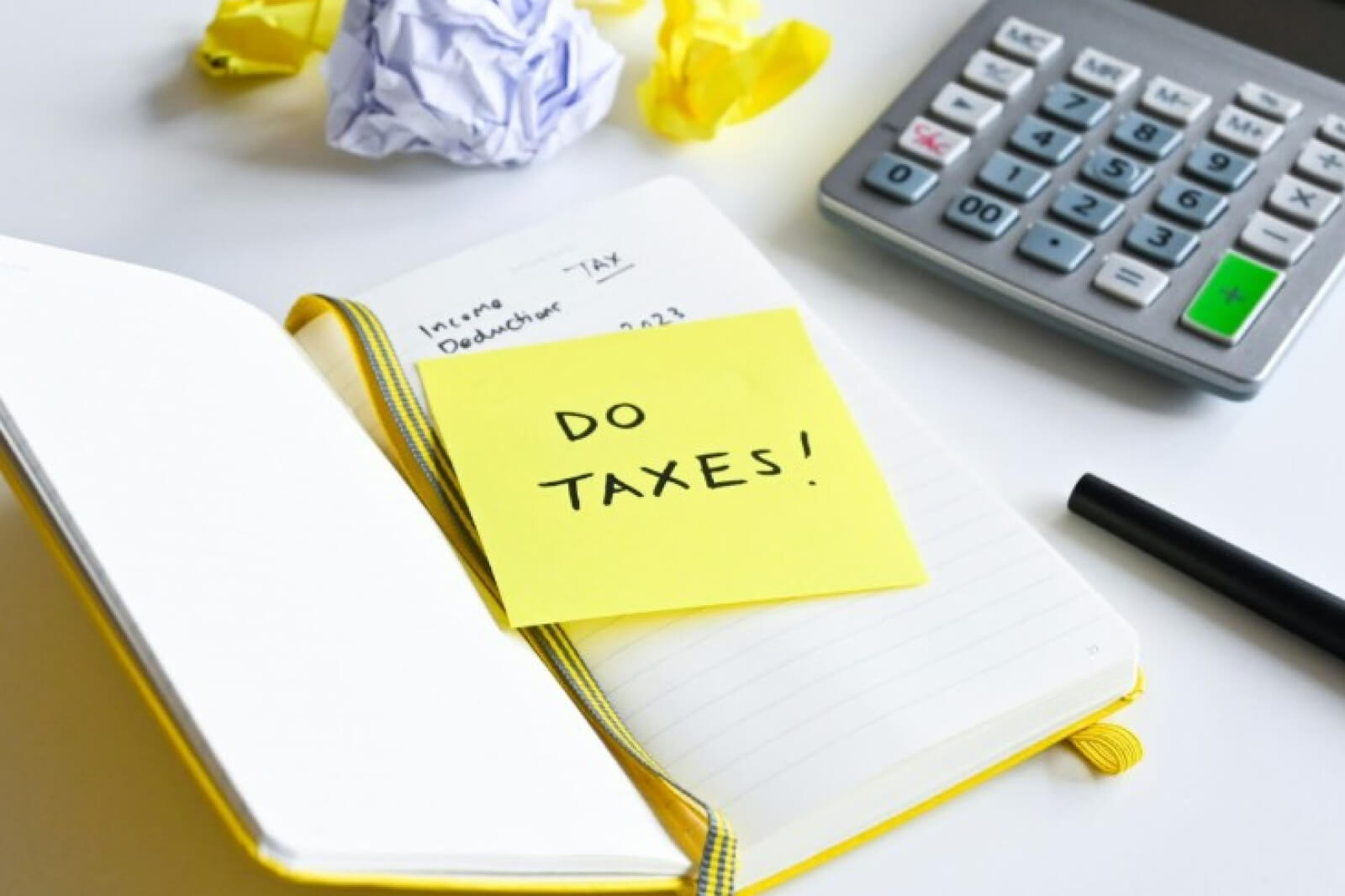You’ve filed an extension, now what?

Apr 29 | 2024

April 18 came and your taxes were not ready. So you filed a tax extension. Well, you should file an extension, if you haven’t already. Form 4868 is one of the easiest tax forms to fill out and it will give you an extra six months to get your taxes together. Everyone is eligible for a tax extension. The extension gives you until October 17 to file your taxes, but keep in mind if you owe the IRS money; it is still due April 18. Once you’ve filed an extension, what happens next?
For one, you need to finish preparing your taxes. Keep a detailed order of notes for business, medical, mortgage, and debt expenses. File your taxes sooner than later. Just because the new due date is October 15, doesn’t mean wait till then to file.
Form 4868 requires an estimate of how much in taxes you owe. If you don’t owe the IRS money or are getting a refund, just be sure to file taxes by October 17. Since you’ve filed your extensions and you do not owe any money, you won’t be hit with any penalties or fees. However, the longer you wait to file, the longer it will take to get a refund.
If you do owe money, if possible pay a portion or the entire amount when you file. If you have already paid taxes through your W-2 or paid taxes each quarter, you might not have to pay as much when you file the extension.
Not paying all the taxes you owe on time can lead to penalties and interest fees. The fees add up depending on how much you owe and how long you haven’t paid the tax. Each month you don’t pay, a .5 percent penalty is added to the tax. The maximum you can be charged on the late fee is 25 percent of the unpaid tax. On top of the late fee, interest will compound daily on your taxes.
There are several options for payment plans with the IRS. A free 120-day payment agreement is the best option if you can pay off the taxes in four months. Otherwise, an extra $52 is charged for a direct debit agreement or a$105 standard deduction agreement. Paying your taxes sooner than later can avoid more penalties and ruining your credit. You can be sent to jail if you’re intentionally not paying your taxes—see Al Capone.










